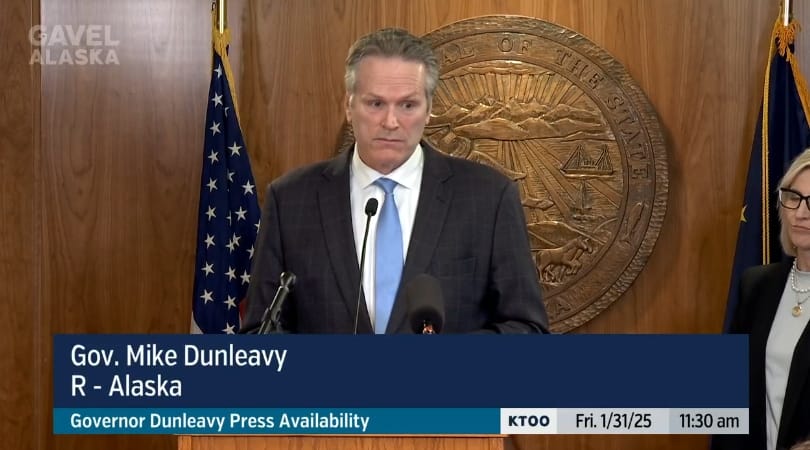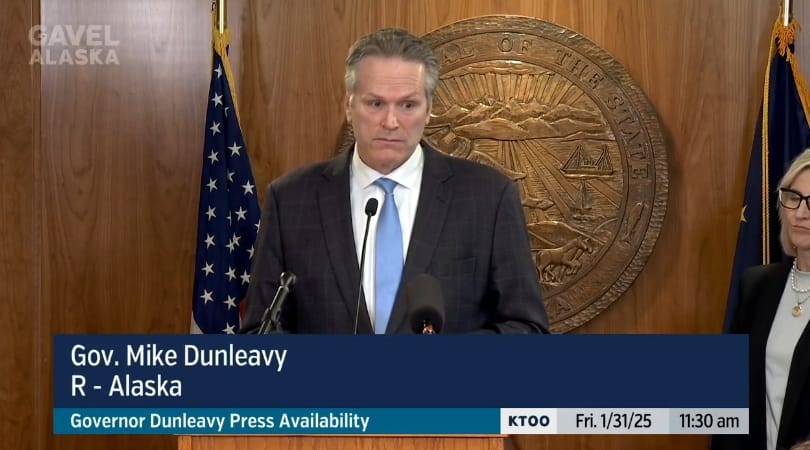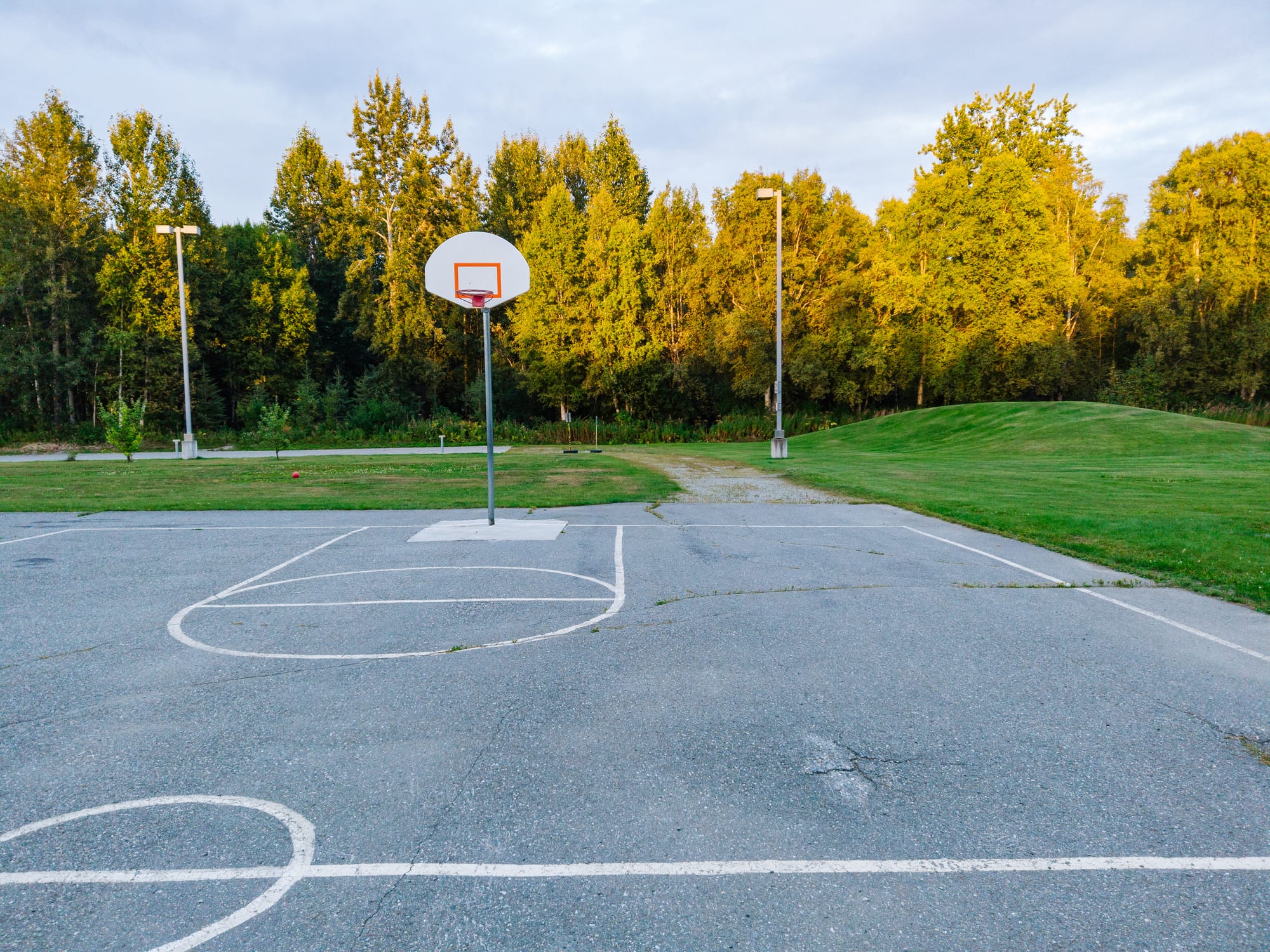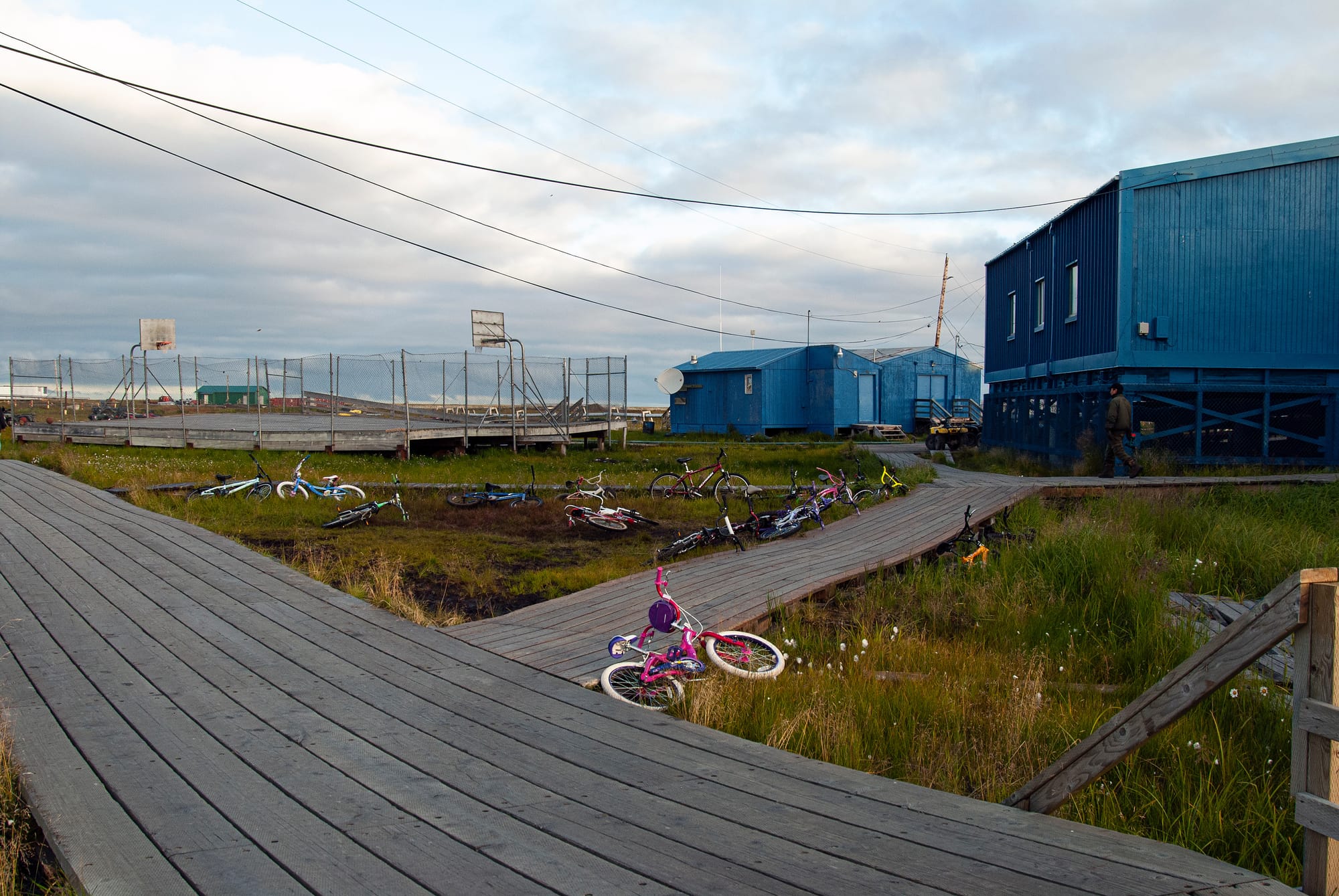Dunleavy's education bill alternative would be a boost for some, a cut for the rest

It's Friday, Alaska!
In this edition: As expected, GOP Gov. Mike Dunleavy delivered his second veto of what legislators hoped would be a much-needed funding lifeline for public schools on Thursday. Instead, he's pushing to get his way with policies and targeted funding that will see some students benefit while the vast majority will actually see their funding cut from the current year. Let's break down some of the motivations and what we've learned over the past three months that doesn't exactly help his case. Also, the reading list and weekend watching.
Current mood: 🤼
Dunleavy's education bill alternative would be a boost for some, a cut for the rest

Gov. Mike Dunleavy delivered his second veto of public school funding in as many years on Thursday, effectively extinguishing any hope of a permanent $1,000 increase to the baseline per-student funding formula, the Base Student Allocation, given that Dunleavy-aligned Republicans are not likely to buck their leader. But fear not, he argued, he has an alternative legislation that is more to his liking. And by his liking, I mean it's pretty much everything he's been demanding for the last 90 days of the session, without any meaningful gesture at compromise with a Legislature that has spent that time making the case for why his demands fall flat.
“This is a bill that, if agreed upon by the Legislature, I’ll sign tomorrow morning. I’ll sign Monday. I’ll sign Tuesday … because it will have policies in there,” Dunleavy said about his bill with “targeted” funding that would go to homeschool students and top-performing schools. “We support funding, but we’re not going to support a very large, unbalanced, one-sided coin that is just funding, when we have opportunities to improve educational outcomes.”
But make no mistake, the legislation is far from the lifeline that school districts that are staring down the hard financial reality of accelerating school closures, ballooning class sizes and fewer electives across the board had hoped for.
That's because his legislation would effectively cut funding for most students.
Dunleavy is proposing a BSA increase of $560 rather than the $1,000 figure he just vetoed. When compared to the current year's funding for education, which included a one-time bonus equivalent to a $680 increase to the BSA, it amounts to about $30 million less for public schools. That's more than $100 million less than what legislators hoped to provide through the $1,000 BSA increase.

The only groups that would likely come out ahead under the governor’s bill are school districts with a high number of students in homeschool programs, which he wants to fund at the same level as students in brick-and-mortar schools coming to about $14 million in additional funding, and districts that are already doing well in reading with about $22 million in grants. As I've written about previously, the research suggests that those top-performing schools are generally more a product of a student's socioeconomic status than the schools themselves.
In essence, his proposal is another stab at enshrining the two-tier education system he has pushed since he was in the Alaska Senate.

Increased targeted funding for homeschool programs has long been a priority for Dunleavy and his allies, and is a key element of this two-tier education system. Spending in the programs has conveniently become lax under Dunleavy’s time in office, allowing families who are already enrolled in private or religious schools to also enroll in homeschool programs and use public funds to their cover tuition or extracurriculars, such as horseback riding lessons. Dunleavy and his allies have defended the programs as a matter of “school choice” and claimed they’re better-performing than neighborhood schools, a point that’s undercut by the fact that a vast majority of homeschool students do not participate in standardized testing.
The past three months have done little to change the narrative, and the Dunleavy administration hasn't made a particularly convincing case for prioritizing funding for a smaller segment of students this session – and that's when they're bothered to be engaged at all. At one hearing, Education Commissioner Deena Bishop suggested that funding homeschool students at a higher rate was valuable because it would make homeschool students feel better, a point that Republicans seem to have since coalesced around as the leading reason for boosting funding.
And that's not to mention the public testimony that has poured in this session. Amid all the many hours of testimony from teachers, students and school districts about the tough decisions coming to brick-and-mortar schools without a substantial increase in state support, they've also heard testimony that the homeschool programs are generally on stable financial footing.
“That’s not smart spending,” Juneau Democratic Sen. Jesse Kiehl told the Anchorage Daily News of Dunleavy's priorities, noting that while he homeschooled his children, the programs don’t need preferential help. “Money is tight. We should only spend it where it’s necessary.”
Kiehl told the paper that it’s unacceptable to be cutting school funding.
“To give school districts fewer dollars they can use to pay the bills for everything this coming year than in the current year is a non-starter. Their insurance bills are higher, their health care bills are higher, their teacher pay darn well ought to be higher,” Kiehl said.
All that said, the path forward for school funding is uncertain.

Dunleavy has shown little appetite for negotiations with the Legislature. His new proposal largely mirrors what he offered at the start of the legislative session, which failed to gain traction in a Legislature controlled by two coalition majorities. There's little, if anything, that looks like an attempt by the governor to compromise. Rather, he's essentially continuing to demand that he gets his way.
That sets up the Legislature for a potential override vote of the veto, but it's unlikely that they'll muster the votes given the two-thirds threshold for an override and the fact that they came up a vote short of last year's override – which, for the record, did include a boost to homeschool funding. A more likely course of action is another round of one-time money through the budget that leaves the BSA untouched and districts facing another year of uncertainty.
For educators, it's a stinging, yet largely expected outcome.
“To say I am disappointed Governor Dunleavy vetoed education funding is an understatement,” said Tom Klaameyer, NEA-Alaska president, in an emailed statement. “Unfortunately, it’s not surprising. We knew this Governor was going to play politics with Alaska students’ futures – and it’s disgraceful…. I urge every legislator to vote to override Governor Dunleavy’s veto and do the right thing for our kids.”
Stay tuned.
The reading list
- U.S. Sen. Lisa Murkowski said this week that "We are all afraid" of the Trump administration and the retaliation it has handed down to anyone and anything that steps out of line. Coverage from: ADN, Alaska Public, The Hill
- While the House was duking it out over a budget with a $450 million deficit, the Senate was busy passing a new revenue bill in the form of a corporate income tax aimed at capturing corporate taxes from online sales in the state. Coverage from: The Alaska Beacon
- Anchorage is pushing ahead with the megaproject renovation of the Port of Alaska, this week approving measures that will help secure a big tranche of funding and get construction underway. Coverage from: ADN, KTUU
- Dunleavy's been largely absent from the legislative session as he's busy cozying up with Trump and working on pitching the LNG project, which got him in some international hot water with China. Coverage from: The Northern Journal
Weekend watching
It's Wrestlemania weekend, but instead of the annual wrestling-related video, I want to implore anyone and everyone looking for a joyful escape from, well, everything, to go check out Netflix's "North of North." If you need any more convincing, check out Yukon writer Eva Holland's excellent write-up for Defector:
... North of North gets its world exactly right. Siaja hauls Bun around town on her mom’s janky snowmobile. Sometimes, the town dump is on fire; everyone’s parkas and earrings are always on point. Many of the Elders speak English as their second language, or not at all, and Inuktitut words are threaded throughout the show. The community radio station, a fixture in every Nunavut community I’ve visited, is at the heart of Ice Cove, and while the town’s population is overwhelmingly Inuit, the person who seems to be in charge of most official functions is a patronizing white woman named Helen.
Have a great weekend, y'all.
Oh, and if you really need a wrestling video, here's a self-indulgent two-and-a-half-hour essay breaking down why it's so great.
The Alaska Memo Newsletter
Join the newsletter to receive the latest updates in your inbox.


